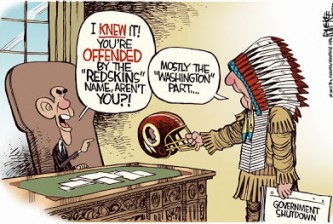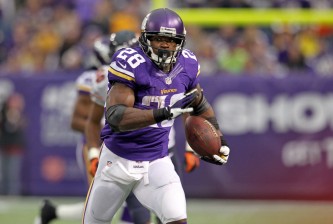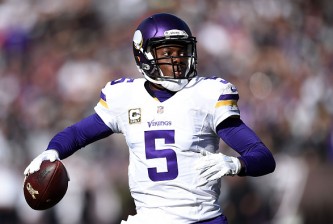“Upon further review” is a recurring segment in which This Given Sunday analyzes quirks and fascinating tidbits from the NFL’s history books.
There was a time in pro football history, more than a century ago, when field goals were just as much of an accomplishment as touchdowns. As a result, the value of each was dramatically different.
From 1876, when the first rules of American football were written at the Massasoit convention, until 1898, a touchdown was worth only four points and a field goal was worth five.
In 1898, touchdowns increased to five points. But they weren’t worth more than field goals until those dropped down to four points in 1904.
In 1909, field goals decreased to three points. And in 1912, touchdowns finally became worth six points.
In other words, the value placed on both major scoring plays in what is now America’s favorite sport was once the complete opposite of what it is now.
It’s called football for a reason. Kicking was the emphasis of this game early on, way before the forward pass was legal. That just goes to show how much this game has changed since its inception. Early in its life, baseball didn’t even have innings or called strikes. At one point, you couldn’t legally dribble a basketball. But football has arguably changed since its inception more than any other major North American sport. The scoring system is a testament to that.
Then again, if Adam Vinatieri has his way, maybe we’ll start to come full circle.























